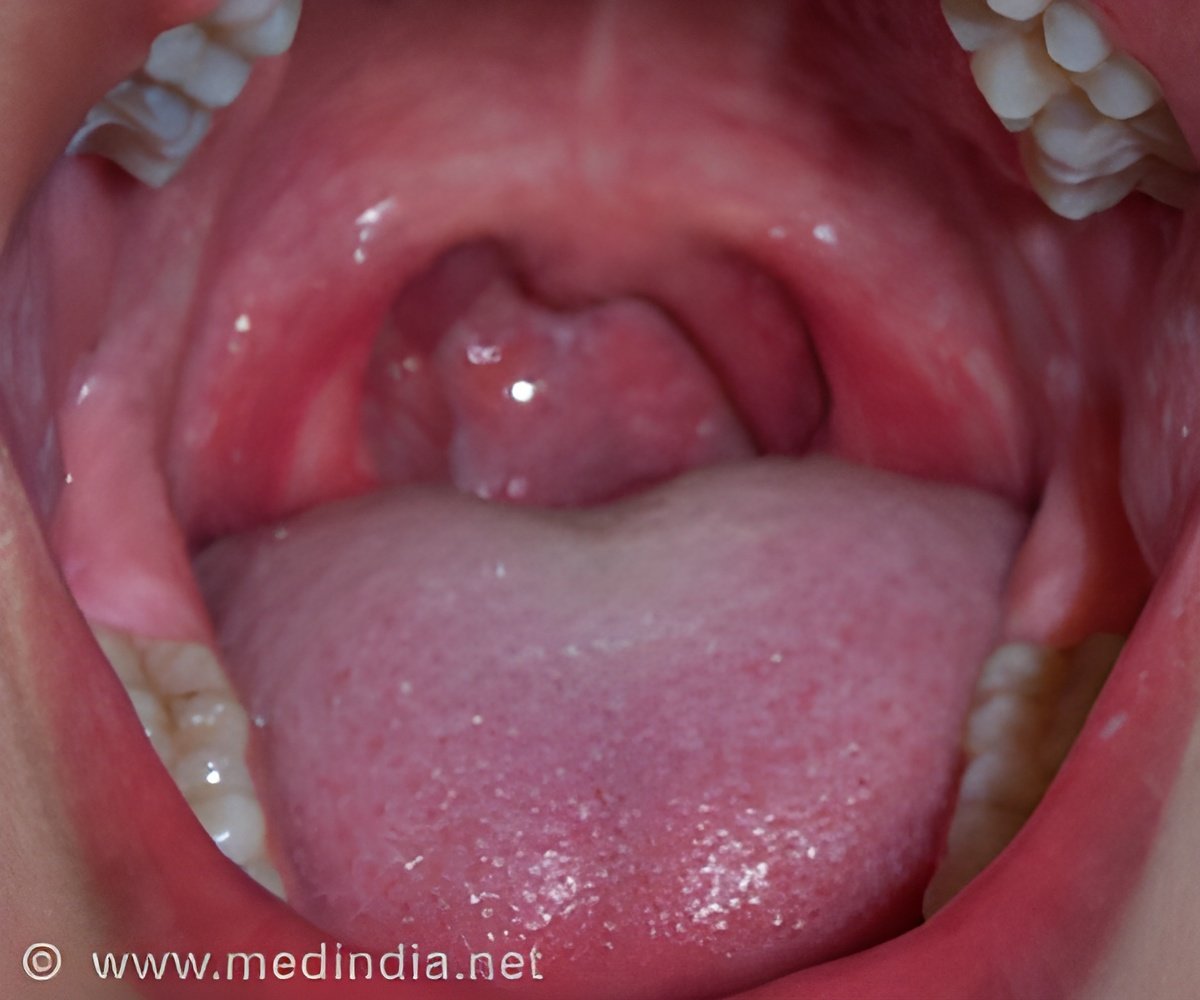
‘Loss of the sense of taste that occurs as an unpleasant side effect of chemotherapy could one day be eliminated through a novel developed approach called GRASP (GFP Reconstitution Across Synaptic Partners).
’
Tweet it Now
“When I conduct talks about taste research, I always get people coming up to tell me how themselves or a friend went through chemotherapy treatment and completely lost their sense of taste, along with how long it took to recover. That resonated with me and was something I was interested in following up on. By understanding what goes wrong, we want to improve diagnosis on how to best prevent or repair these taste connections in the future,” says Lindsey Macpherson, assistant professor of neuroscience and developmental and regenerative biology. Taste and Chemotherapy
The study team aims to better understand why taste is often lost during chemotherapy. The team would give a course of chemotherapy to mice and then monitor their taste function over time.
Studying the behavioral abilities of the mice would then help detect different tastes and different thresholds. This drives the primary focus on how to taste neurons and the taste receptor cells are disrupted during the process of chemotherapy.
The team also anticipates testing a novel developed approach called GRASP (which stands for GFP Reconstitution Across Synaptic Partners) that may help visualize the reaction of these gustatory neurons during chemotherapy.
Advertisement
Hence learning the detailed mechanism behind the disruption of taste may help in restoring these structural changes to normal, especially in those who are more susceptible to prolonged taste loss.
Advertisement
The team also envisions leveraging their expertise in neurodegenerative disease, brain circuits & electrical signaling, traumatic brain injury, regenerative medicine, stem cell therapies, medicinal chemistry, neuroinflammation, drug design, and psychology to better understand the brain’s complexity.
Source-Medindia















